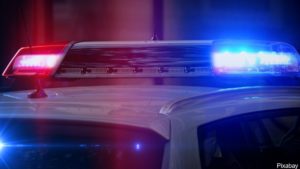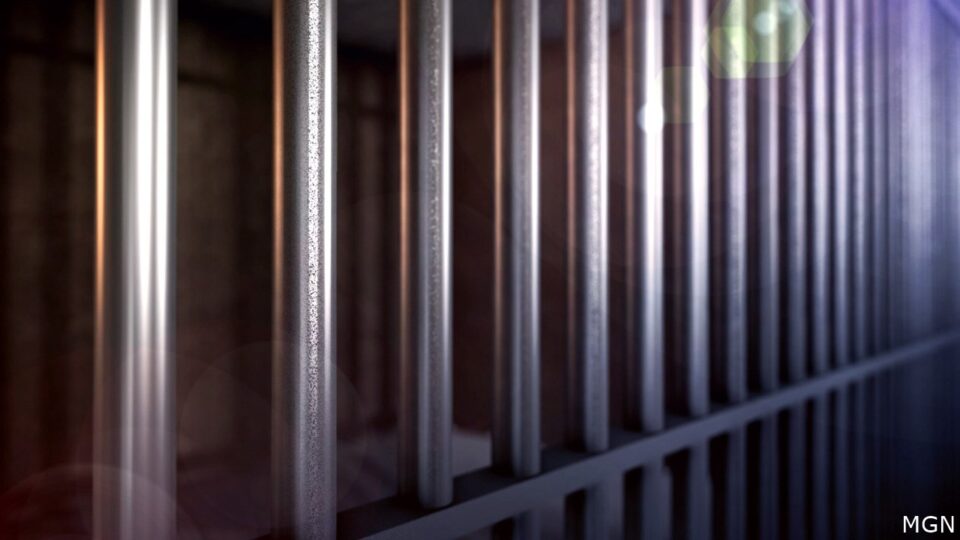Dec 30, 2019 | By: Destiny Wiggins
BLS Healthcare Professional Course Teaches CPR Training At Leech Lake Tribal College
From partner exercises, demonstrations, and brief lectures about safety to the proper use of health care tools and hands-on CPR training, we can all agree that this BLS healthcare provider course was a useful one.
“Every second Tuesday here at the Tribal College we have health care provider, which is the class we’re having today, those are for like our health professionals like nurses, that type of thing. We have that four times a year, available for those to come in, and we also have our community heart saver classes and those are the remaining months,” said Amanda Shongo, Training Coordinator at Leech Lake EMS Education.
The heart saver classes teaches CPR compression, how to use an AED and basic first aid, which shows people how to administer an EpiPen, inhaler and any other tools that could help you in a when you find yourself helping someone in a health situation.
“To be in that situation and knowing what to do and being able to help that person is very important, we go out to areas that our extremely rural, it could be a response for emergency personal to get there, maybe 20 minutes, and we have community members and family members there and they need to know what to do, it will help the patient that’s down and helps the person being able to respond as well so you don’t have that helpless feeling,” said Shongo.
The training provided to the class was accredited to the American Heart Association, a non-profit organization that funds cardiovascular medical research and educates healthy living.
“One thing is we are in a smaller area, where community and family are really close so we might know someone and that is really traumatic for a person; if you don’t use it you lose it, the American Heart [Association] says every two years but we really stress every year to get that practice in and create that muscle memory,” said Shongo.
There are many factors that play a role in someone experiencing heart problems and who might need CPR treatment. That’s why the more people who are trained and equipped to perform CPR, the better chance everyone has in a life-or-death situation.
“I want them to be comfortable with being able to do this, knowing the proper steps to get that training started and that they have confidence in themselves to accomplish basic CPR,” said Shongo.







